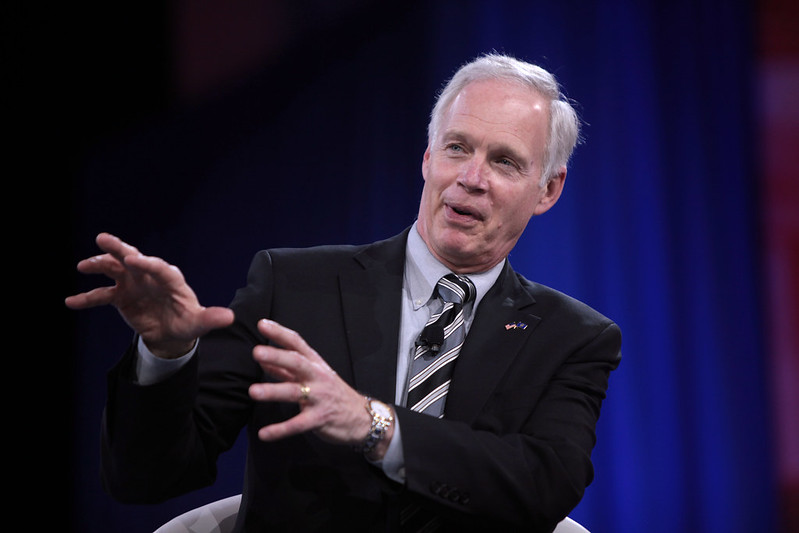The Patriotism of the American Media
In its story last week about the ties between the CIA and Raymond Davis, the American recently arrested in Pakistan, the New York Times offered this explanation for why it sat on the story:
The New York Times had agreed to temporarily withhold information about Mr. Davis’s ties to the agency at the request of the Obama administration, which argued that disclosure of his specific job would put his life at risk.
Published by The Lawfare Institute
in Cooperation With

In its story last week about the ties between the CIA and Raymond Davis, the American recently arrested in Pakistan, the New York Times offered this explanation for why it sat on the story:
The New York Times had agreed to temporarily withhold information about Mr. Davis’s ties to the agency at the request of the Obama administration, which argued that disclosure of his specific job would put his life at risk. Several foreign news organizations have disclosed some aspects of Mr. Davis's work with the C.I.A.. On Monday, American officials lifted their request to withhold publication, though George Little, a C.I.A. spokesman, declined any further comment.Glenn Greenwald complained that “the NYT knew about Davis' work for the CIA (and Blackwater) but concealed it because the U.S. Government told it to” (my emphasis). That is inaccurate. The government asked the Times not to publish, as it often does, and the Times agreed to the request, which it sometimes does. The final decision rested with the Times, which listens to the government’s claims about national security harm and risk to individual lives, and then makes its own decision. The Times does not, in my opinion, always exercise this discretion wisely. I think they blew it, for example, when they published the SWIFT interbank transfer story, and I still don’t understand why they thought it right to publish the name of Khalid Sheik Mohammad interrogator Deuce Martinez. But the way the system works, for better or worse, is that the government makes the case to the media about the national security harms of publication, and the media assesses the government’s arguments, weighs the perceived national security harm against the perceived benefits of publication, and decides whether and how to publish. Often, the press splits the baby, as when the Washington Post reported on secret CIA prisons in Eastern Europe but declined to name particular countries “at the request of senior U.S. officials,” who argued that “the disclosure might disrupt counterterrorism efforts in those countries and elsewhere and could make them targets of possible terrorist retaliation.” What is interesting about the Raymond Davis story is that The Guardian had it as well and decided not to sit on it. This is an example of an underappreciated phenomenon: the patriotism of the American press. For a book I am writing, I interviewed a dozen or so senior American national security journalists to get a sense of when and why they do or don’t publish national security secrets. They gave me different answers, but they all agreed that they tried to avoid publishing information that harms U.S. national security with no corresponding public benefit. Some of them expressly ascribed this attitude to “patriotism” or “jingoism” or to being American citizens or working for American publications. This sense of attachment to country is what leads the American press to worry about the implications for U.S. national security of publication, to seek the government’s input, to weigh these implications in the balance, and sometimes to self-censor. (This is a natural and prudent attitude in a nation with the fewest legal restrictions in the world on the publication of national security secrets, but one abhorred by critics like Greewald.) The Guardian, al Jazeera, and Wikileaks, by contrast, worry much less, if at all, about U.S. national security interests. The growing scrutiny of American military and intelligence operations by an increasingly powerful global media that is relatively indifferent to U.S. national security interests is an important reason why U.S. national security secrets are harder than ever to keep. Not only did The Guardian publish a story the Times sat on, but its publication gave the Times an out to publish something it otherwise wouldn’t have. As General Michael Hayden said last year in his comments on Gabriel Schoenfeld’s fine book on national security secrecy, the government is “kind of out of Schlitz” when trying to persuade the foreign media not to publish a national security secret. American journalists display “a willingness to work with us,” he said, but with the foreign press “it’s very, very difficult.” If readers know of any other examples where a non-U.S. media outlet publishes a U.S. national secret that was withheld from publication by a U.S. media outlet, please let me know at goldsmith.lawfare@gmail.com, and I will publish any results. For example, were any of the wikileaks cables more heavily censored by the Times than by The Guardian?
Jack Goldsmith is the Learned Hand Professor at Harvard Law School, co-founder of Lawfare, and a Non-Resident Senior Fellow at the American Enterprise Institute. Before coming to Harvard, Professor Goldsmith served as Assistant Attorney General, Office of Legal Counsel from 2003-2004, and Special Counsel to the Department of Defense from 2002-2003.



-final.png?sfvrsn=b70826ae_3)

